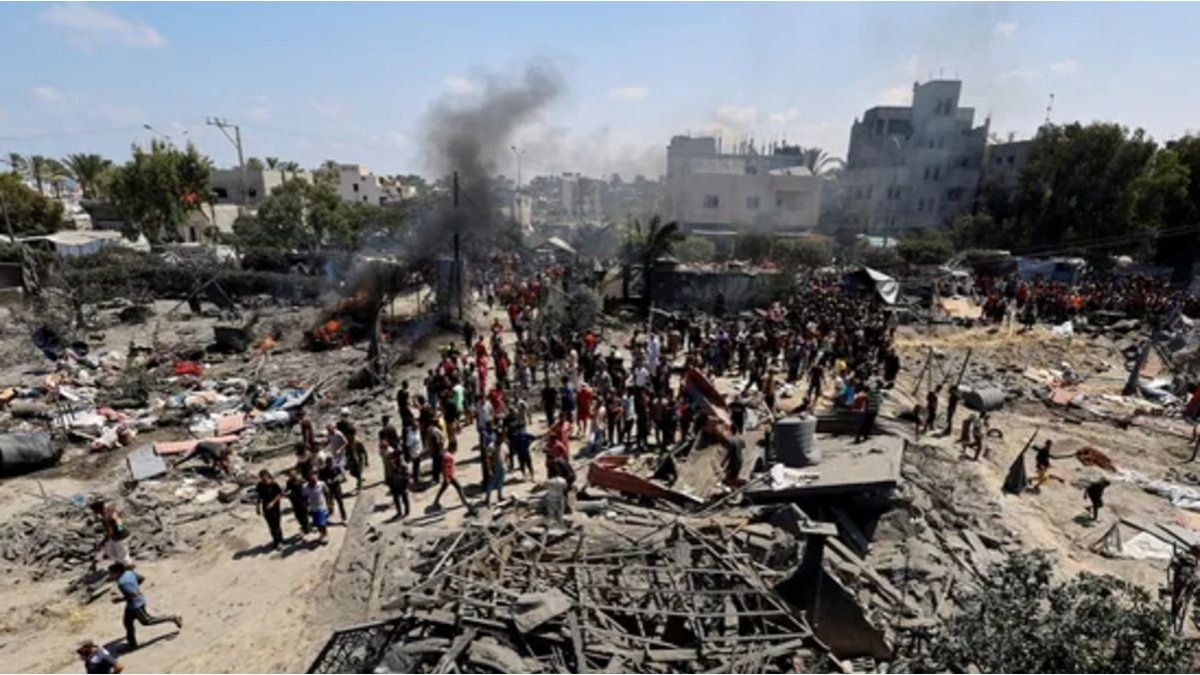In this position militated, among others, Japan, the Netherlands and Great Britain; who in reality always show hard positions against the country. On the other side, Germany, France and, in part, Canada defended the national position that day. Then it was the United States who, without intervening verbally, defined with its positive vote the balance in favor of Extended Facilities. The position of this country, which dominates the body with 17% of the votes, was that the Extended Facilities should be approved, but holding the Brazilian-Israeli Ilan Goldfajn directly responsible for the continuity of the agreement. The managing director for the Western Hemisphere should focus on Argentina not falling again. Or, if not, monitor the country with a man-to-man brand to inform the board before anyone else, if the Argentine government had serious difficulties in complying with the agreement.
It will then be the presence of the report prepared by the Brazilian, on data collected by the North American Julie Kozack, the deputy director for the Western Hemisphere, and the Venezuelan Luis Cubeddu, the person in charge of the Argentine case; the one that determines the tone on which the country’s situation will be discussed before the board at Friday’s meeting. It is trusted in Buenos Aires that Joe Biden will have already instructed his representatives before the board not to drop the agreement and endorse Goldfajn’s report. It will also be seen on Friday if the Democratic president’s lowering of the line also includes some public defense of the country.
In general, one of the unknowns that arise in Buenos Aires, will be to publicly know the paragraph of the report prepared by Kozack and Cubeddu, endorsed by the boss Goldfajn, where it is made explicit if the failures of the country to guarantee the goals agreed for 2022 are due to the financial crisis unleashed by Russia’s invasion of Ukraine, or whether it is a consequence of local problems. There is a chapter that the country should closely follow. If the three IMF technicians consider as an impossible problem to foresee for the country, the fact of having already spent almost US$3,000 million extra to pay the fuel import fee; and the consequences on projected inflation for the year.
On the topic of board votes, the situation is clearly marked. Each sovereign state has a percentage of votes depending on its GDP; reservations and direct contributions to the operation of the organization based in Washington. In total, the board is made up of 24 executive directors who represent different percentage levels of power within the organization. The United States, Japan, Germany, France and the United Kingdom can choose a director without help from any other country. China, Saudi Arabia and Russia de facto elect one director each; while the remaining 16 choose it according to blocks of states. Argentina, through the local envoy, Sergio Chodos, occupies the group with Bolivia, Chile, Peru, Paraguay and Uruguay.
Source: Ambito
David William is a talented author who has made a name for himself in the world of writing. He is a professional author who writes on a wide range of topics, from general interest to opinion news. David is currently working as a writer at 24 hours worlds where he brings his unique perspective and in-depth research to his articles, making them both informative and engaging.




